Latest Posts

To Innovate or not to Innovate? – A Danish Study on Conservation Grazing Schemes
A study on different options to improve a scheme on conservation grazing revealed that Danish farmers are not hugely keen on ...
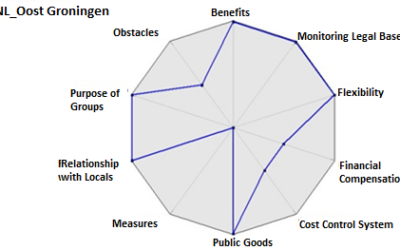
How to utilize SWOT results in a Multi Criteria Decision Making (MCDM) model
It is challenging to identify the deciding success factors for an effective and efficient implementation of collective agri-environmental schemes (AES). The ...
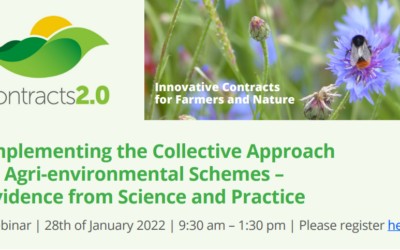
Webinar: Implementing the Collective Approach – Evidence from Science and Practice
On Friday, January the 28th 2022 from 9:30 am – 1:30 pm, the EU-funded research & innovation project Contracts2.0 hosts the ...
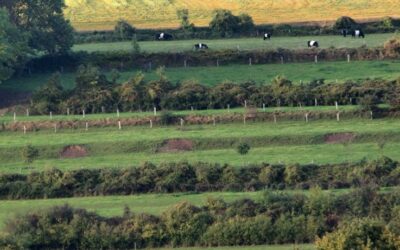
The Role of Social Capital in Agri-environmental Collectives
The network analysis of the Collective Natuurrijk Limburg reveals the various actors involved and their (formal and informal) relations. The well-developed ...
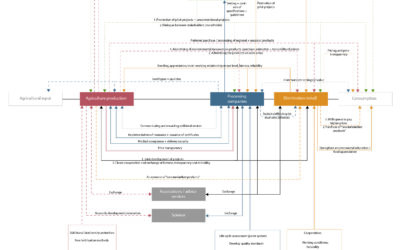
Sustainable Value Chains – Framework Conditions for Successful Cooperation
A student project analysed an organic food value chain by interviewing stakeholders including production, processing and retailing as well as politics ...
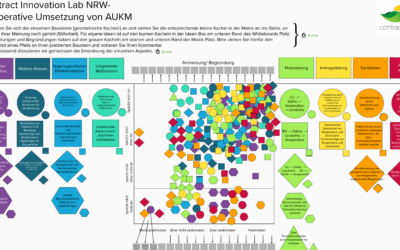
Collective Action for Biodiversity – Update from Innovation Lab NRW
The Innovation Lab North Rhine-Westphalia (IL NRW) focuses on developing the theoretical underpinnings of a concept featuring the collective approach for ...
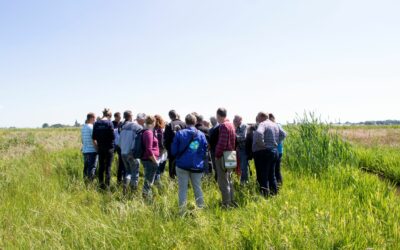
Knowing farmers’ motives helps to strategically address participation
What are the most important motives for farmers to participate in collective schemes? Researchers from Leibniz Centre of Agricultural Landscape Research ...

Testing MCDM Model to Evaluate the Potential of the Collective Approach
The Multi-criteria Decision Making (MCDM) method is an excellent tool to assess different options by evaluating conflicting criteria in order to ...
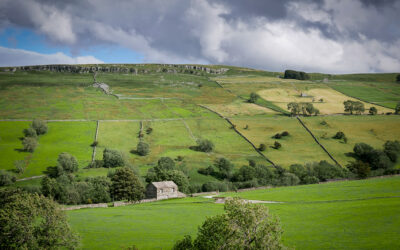
Farmers’ Perceptions of Payment by Results scheme in UK
Earlier this year, researchers from the UK ‘Contracts2.0’ team spent some time working with Natural England and the Yorkshire Dales National ...

